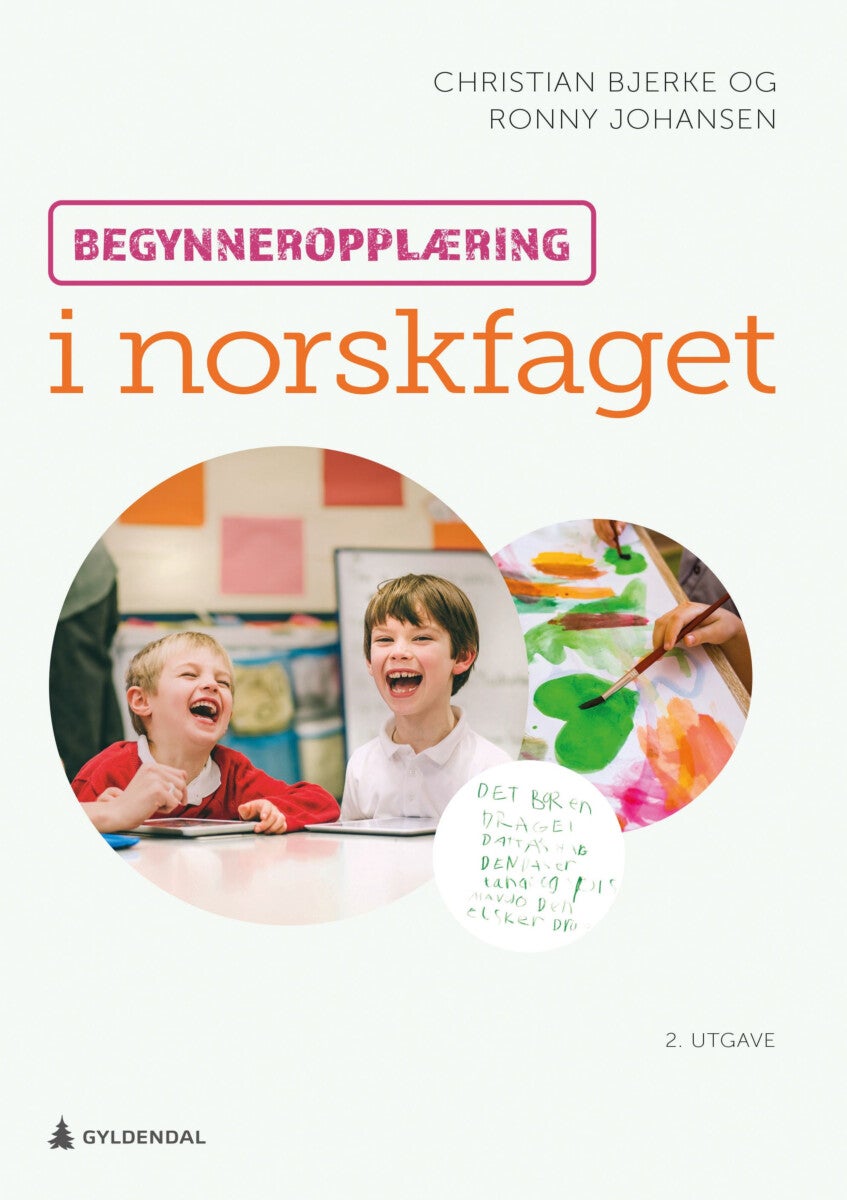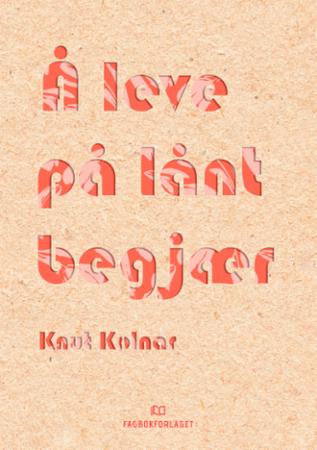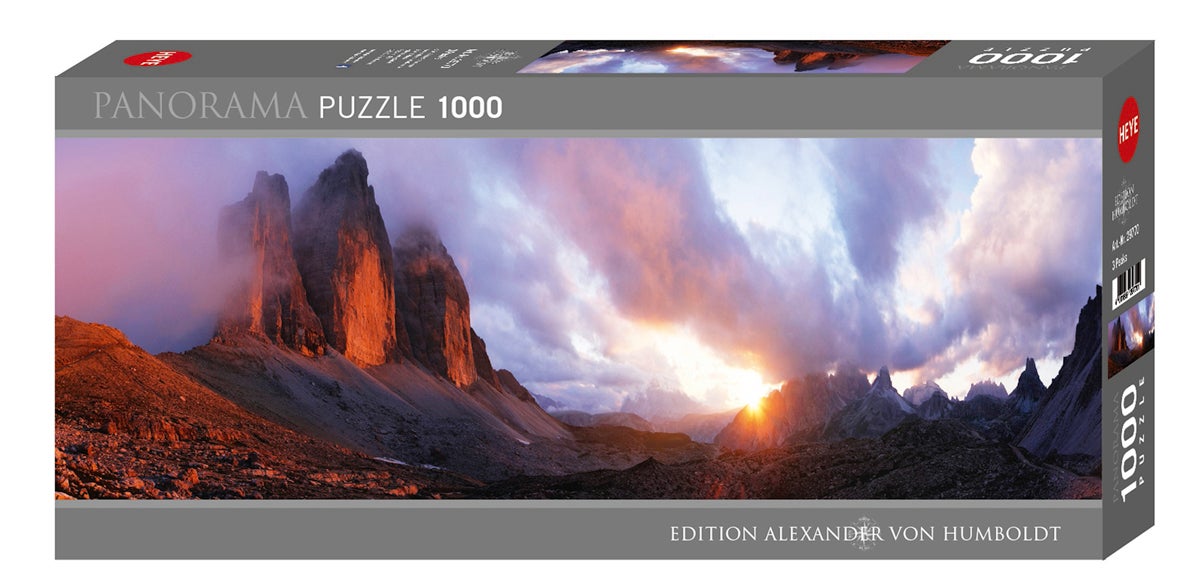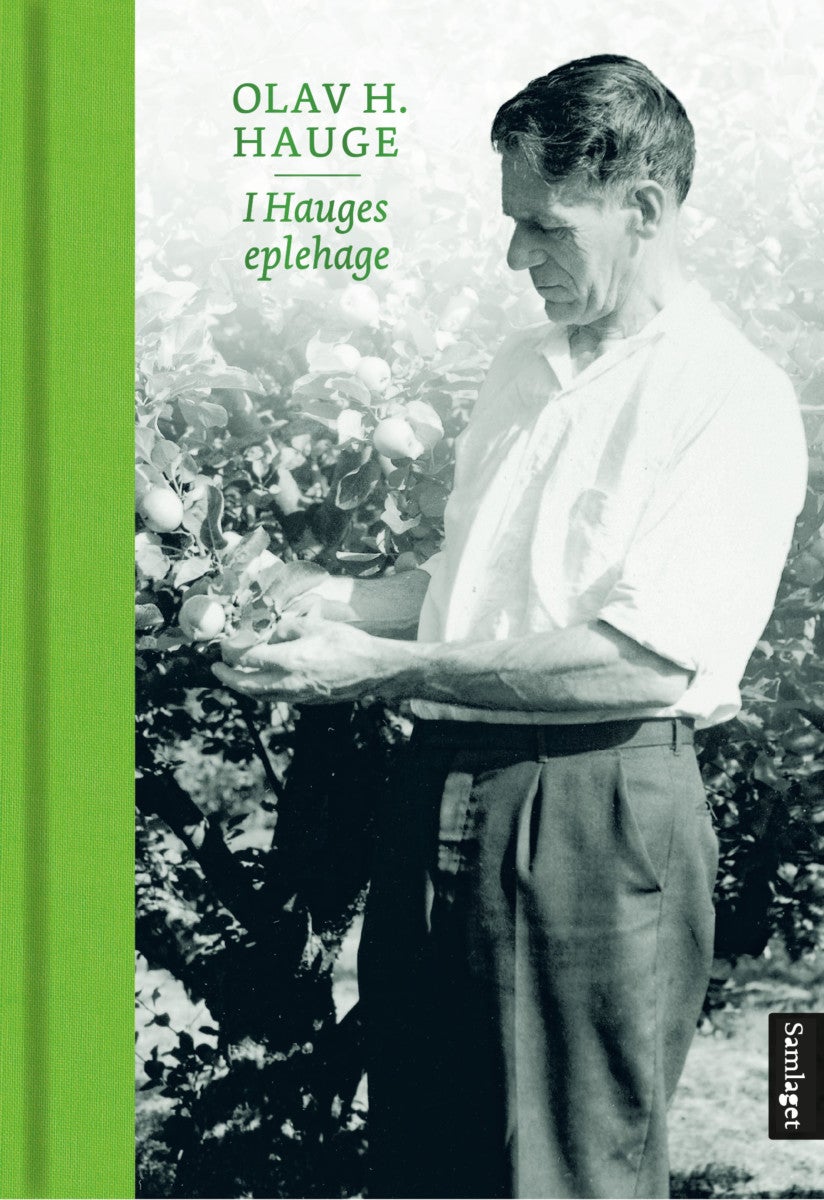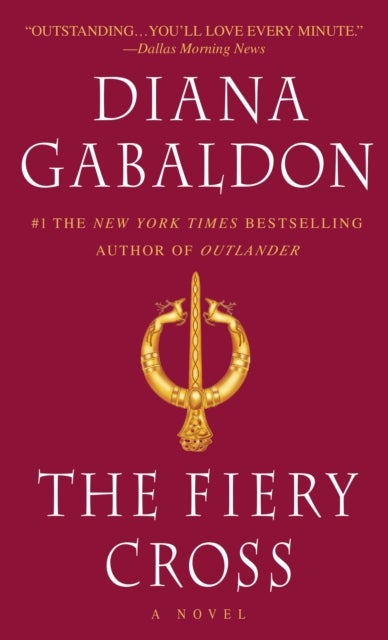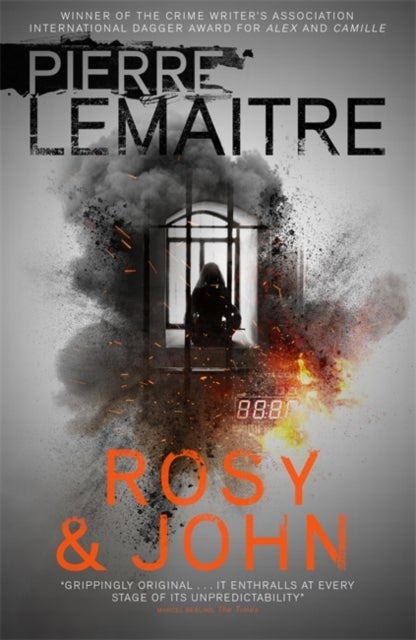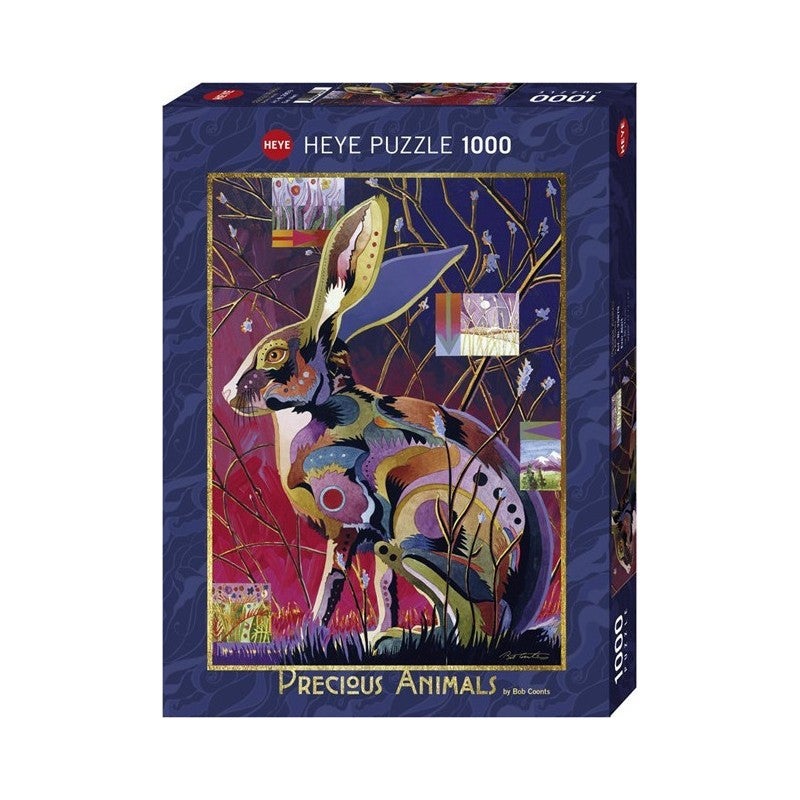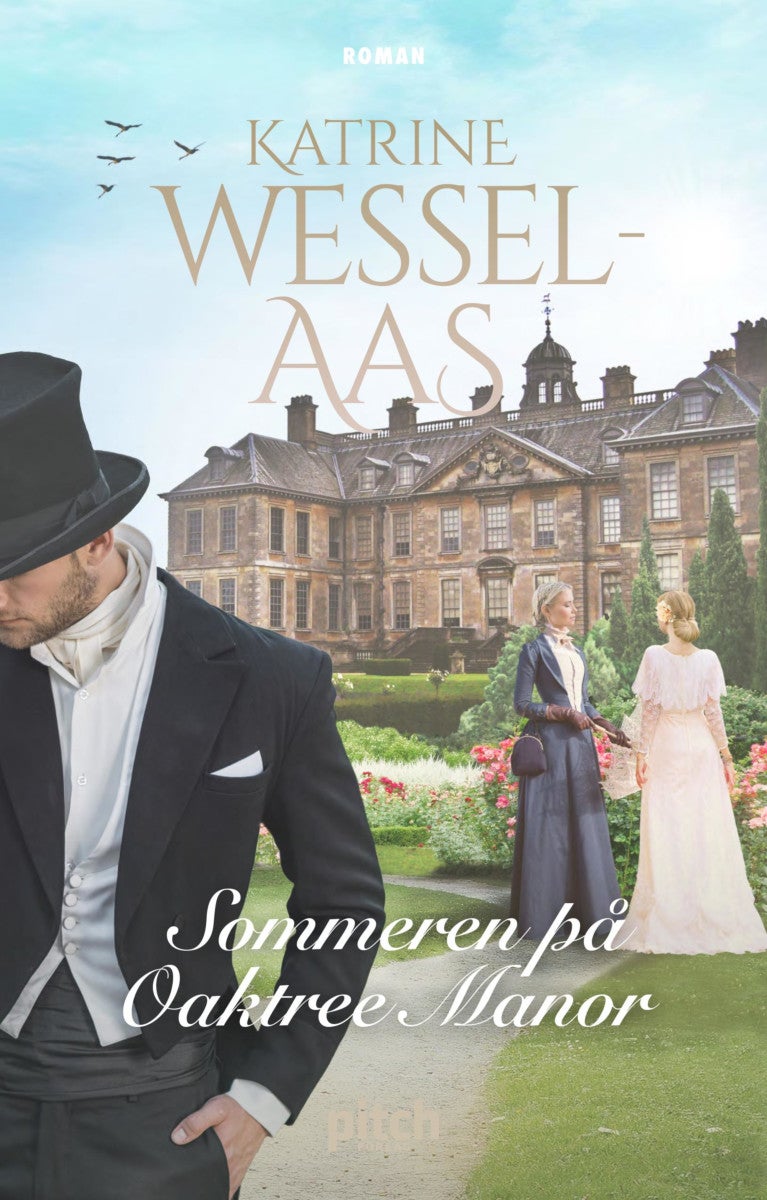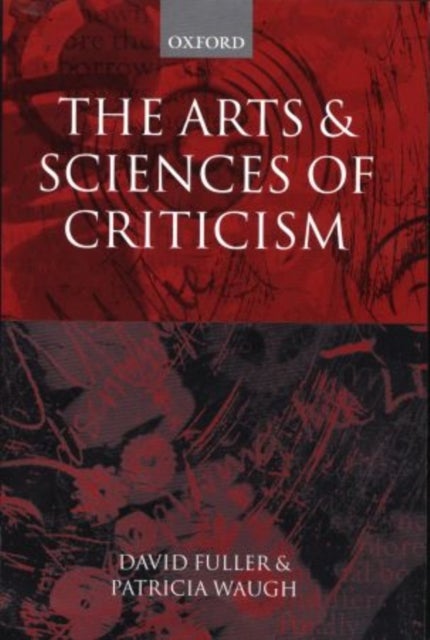
The Arts and Sciences of Criticism
589,-
This collection reflects on developments in criticism which bear on a debate between different modes of knowledge: a science model and its place in the university versus other ways of conceiving knowledge for which the arts have traditionally been seen as vehicles. Discussion ranges widely with contributions from outside the literary academy, including essays by the novelists Doris Lessing and David Lodge. All the essays are concerned with what literature, andtherefore criticism, is or aims to be. Several are concerned with a specifically aesthetic way of knowing, the value of which lies in its very resistance to scientific models of knowledge. The answers about how literature can resist such models, and what kinds of knowing best respond to the distinctivenature of aesthetic experience, are varied. The collection also addresses the consequences for literary criticism of the politically-driven critique which has recently undermined traditional concepts of truth and knowledge in both ar

